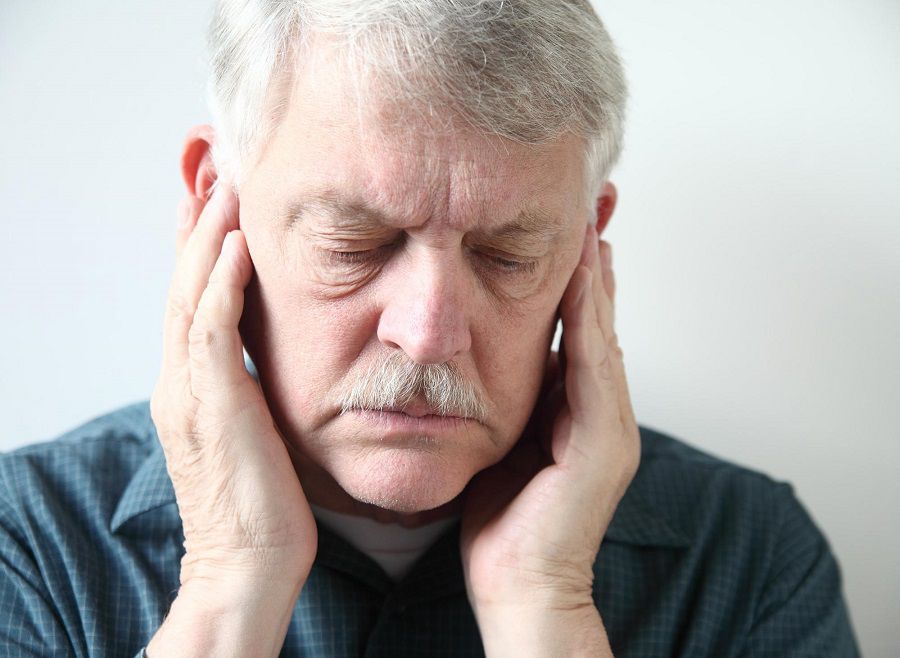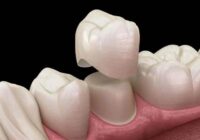
As we navigate our way through the COVID-19 pandemic, we are learning more and more each day about the virus and the toll it takes on the human body. While some who have contracted COVID-19 have recovered and gone back to their daily lives, many others have suffered continuing problems that have lingered or developed after the patient has tested negative.
One such problem is called temporomandibular joint dysfunction, or TMJ dysfunction. Temporomandibular joint dysfunction is a condition that occurs when the lower jaw bone becomes misaligned from the temporomandibular joint which connects the lower jaw to the skull. This can be very painful, causing jaw stiffness, difficulty speaking or chewing, difficulty opening and closing the mouth, headaches, back or neck pain, tinnitus, and more.
So, how can all that be caused by COVID-19? Doctors hypothesize that it starts with the struggle to breathe many COVID-19 patients face during their illness. This labored breathing puts strain on many different areas of the body, including the mouth and jaw. As the patient struggles to breathe through their mouth, they put excess strain on the lower jaw, causing it to become misaligned, and causing damage to the temporomandibular joint. Over time, this develops into a more permanent misalignment, one that won’t simply heal up when breathing returns to normal. Worse still, for those who continue to struggle to breathe, TMJ dysfunction may continue to worsen with time.
There is good news for patients suffering from temporomandibular joint dysfunction – even those whose TMJ dysfunction is caused by genetics or other factors. There are treatment options available, including physical therapy and custom treatment plans from Dr. Abelar.
Dr. Abelar uses a combination of therapies to treat temporomandibular joint dysfunction, depending on the individual patient and their specific diagnosis. For some, a combination of therapy and a custom sleep orthotic may be the key, while for others, orthodontics may provide a better solution. If you believe you are suffering from temporomandibular joint dysfunction, schedule an evaluation with Dr. Abelar for a full diagnosis and treatment plan. Once evaluated, Dr, Abelar can begin addressing your specific needs and helping alleviate the jaw pain and pressure of temporomandibular joint dysfunction.






